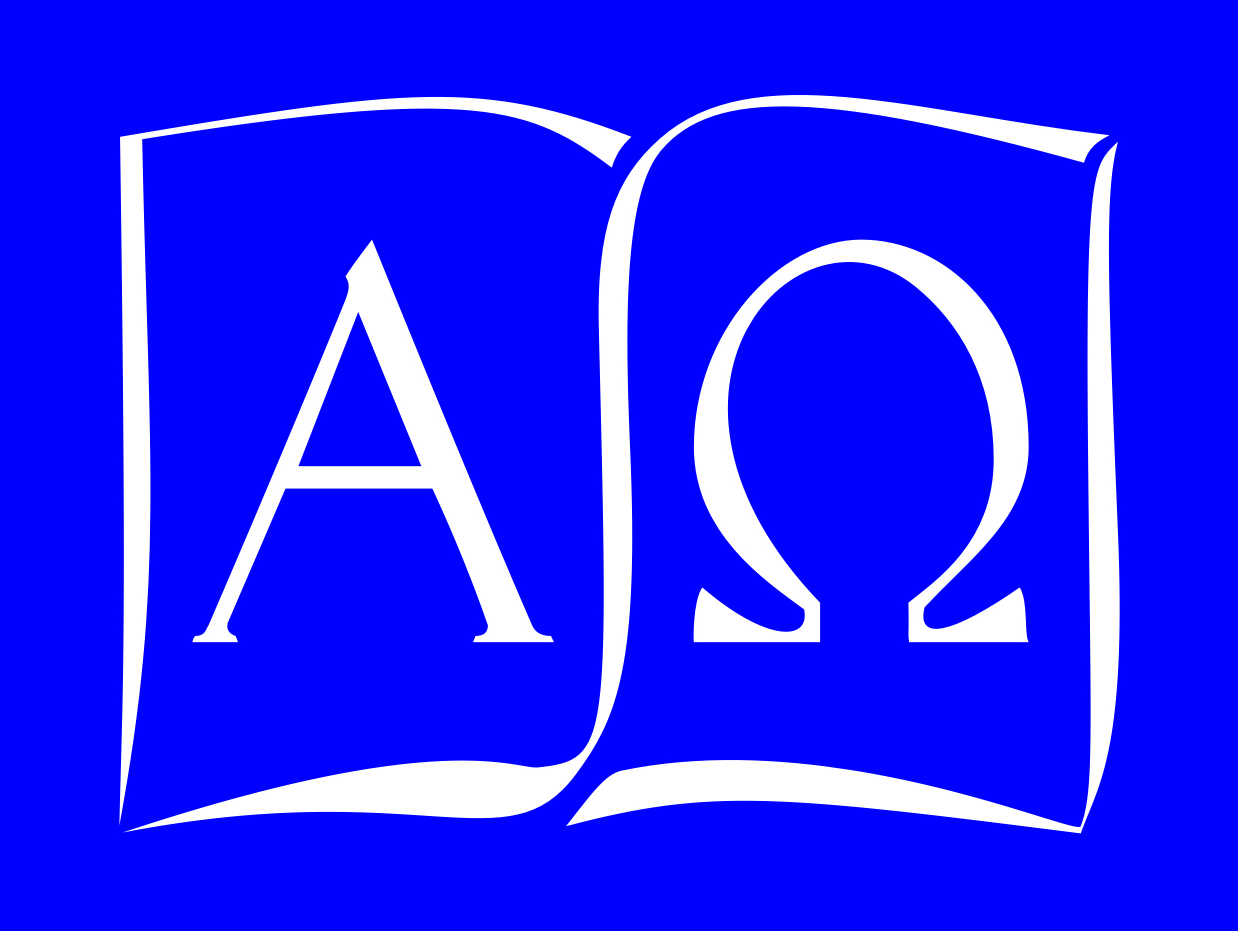The Rationale Behind the Literature Sequence
Overview • The Literature Curriculum • Literature Program Rationale
Devising a Literature Program
Literature is a problematic area of instruction because, aside from its raw material (“written stuff”), it's undefined or unmanageable in several ways:
Sheer size. There is an unimaginably huge body of literature out there, and it's getting bigger every day. Unlike science or milk, the old material doesn't spoil or go off; it just keeps on accumulating. Even if, by your standards, 90% or more is garbage, that still leaves an enormous volume of good material to cover. There’s no way to do more than the tiniest part of that.
Divergent standards. No two teachers agree on what qualifies as good and bad. I teach (among other things) The Odyssey and Huckleberry Finn; I have recently seen both attacked, in a national forum of English teachers, as having no place in the curriculum. The people representing these positions are not stupid: they make some very strong arguments, but they're proceeding from basic assumptions different from my own.
Confusion of purpose. Nobody talks about this much, but it's basic: our literature teachers don't even remotely agree on what they're doing. Again, I don’t mean that they’re incompetent or foolish, but merely that there is no universally agreed-upon description of what success in a literature program looks like. Success in a science or math program, or even a foreign language program, is relatively simple to assess. Not so here. Every teacher seems to bring a different yardstick to the table. Some see their courses as morally neutral instruction in the history and techniques of an art form; others see it as a mode of indoctrination for life, according to their lights — be that some left-wing agenda, conservative Christianity, or any of a range of things in between. The sum is so chaotic that most public high students I have asked in the past decade have simply checked out: they play the game and endure their English classes, but the shocking fact is that, even while enrolled in them at the time, almost all have been unable to tell me what they were reading for those classes. This is not because they are stupid either, but because their own literary instruction was so incoherent as to completely stymie real engagement with the material.
It's not particularly surprising, then, that literature is seen as somehow suspect, and that homeschooling parents looking for literature courses for their students feel that they are buying a pig in a poke. Will this course or that respect their beliefs or betray them? Will the whole project really add up to anything? What's the point? These questions are critical, and I encourage any parent to get some satisfactory answers before enrolling in any program of literary instruction, including mine. Here are my answers: if they satisfy you, I hope you'll consider this program. If not, look elsewhere with my blessing, but keep asking those questions.
My project is fairly simple. I am trying to teach my students to read well. Of course, by now they have mastered the mechanical art of deciphering letters on a page, and combining them into words, and extracting some kinds of essential ideas from sentences. But there's more to reading than that: one must associate the individual sentences with each other and weigh them together to come to a synthetic understanding, and consider nuance, irony, and tonality. Moreover, one must consider what a given position or set of ideas meant within its own cultural conversation. All those things change the big picture.
I do not try to use literary instruction as an occasion or pretext for moral or religious instruction. Most of our students come from families already committed to serious instruction in faith and morals, and I’d prefer to respect that, and leave it to their parents and clergy. Moral and theological issues come up naturally in our conversations, of course, and I do not attempt to suppress them; I try to deal with them honestly from my own perspective as a fairly conservative Christian. But it is never my purpose to mine literary works for “teachable points” or to find disembodied sententiae that I can use as an excuse to exalt this work or dismiss that one. My rationale here is more fully elaborated in Reading and Christian Charity: I hope all parents (and their students) considering taking any of my courses will read it carefully, because it contains the essential core of my own approach to literature, which differs from many others, both in the secular world and in the community flying the banner of Classical Christian Education.
 Scholars Online is fully accredited through the Middle States Accreditation Commissions on Elementary and Secondary Schools.
Scholars Online is fully accredited through the Middle States Accreditation Commissions on Elementary and Secondary Schools.
Hosted on Interserver


